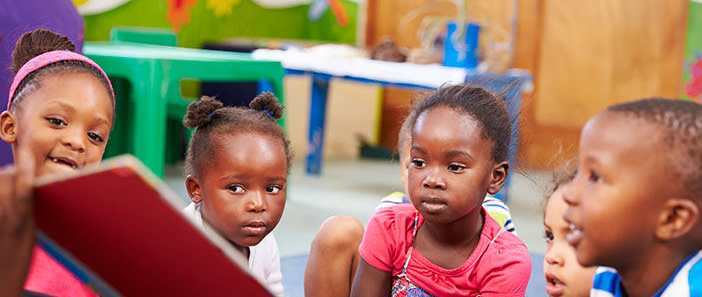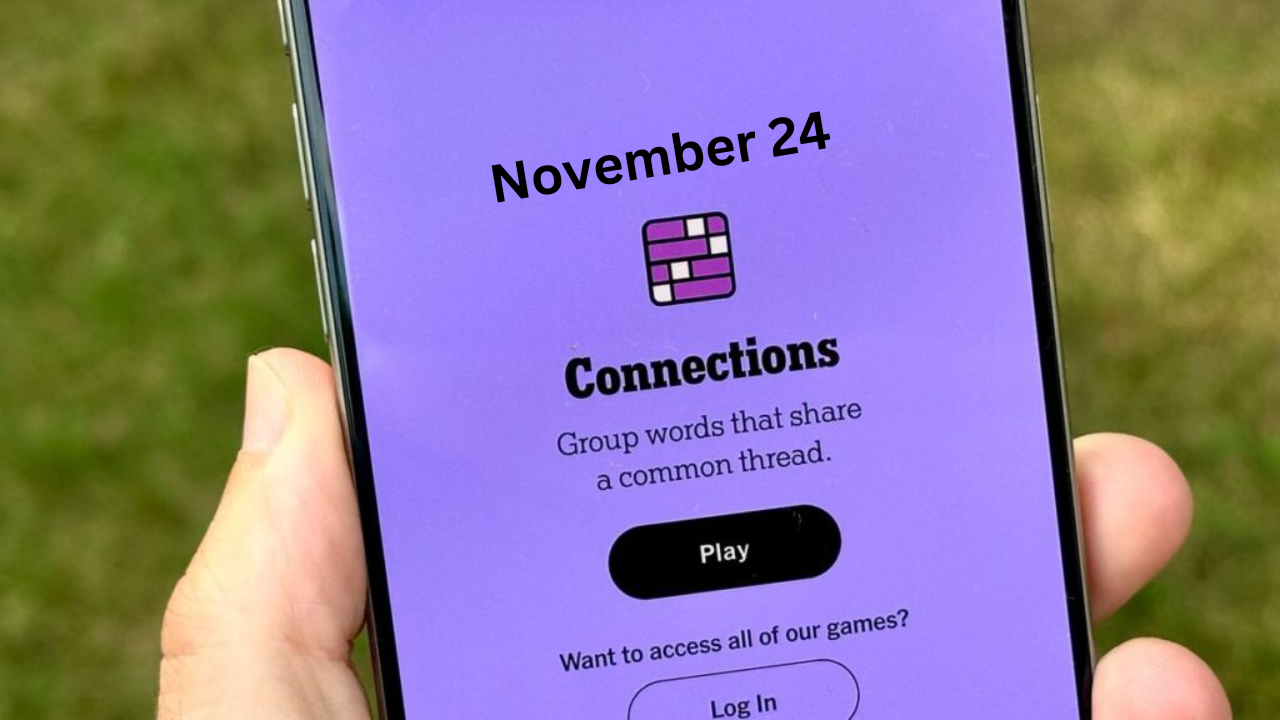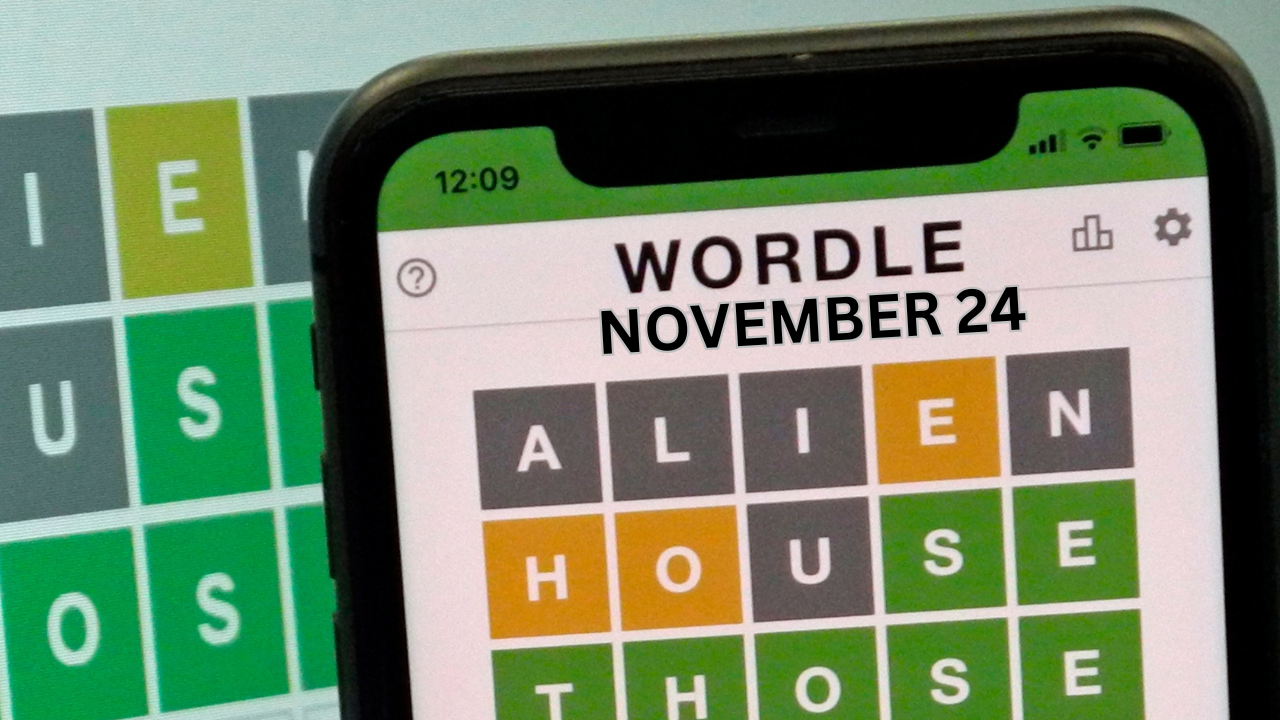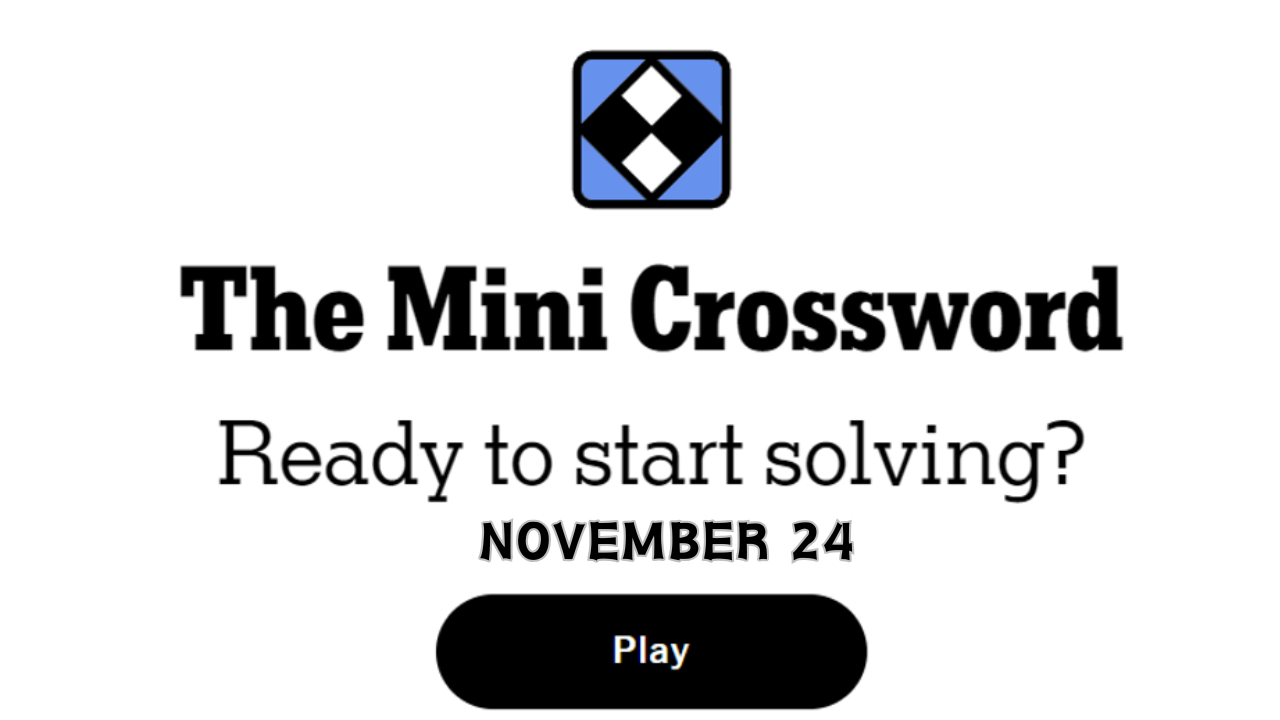Photos: University of South Carolina\YouTube
Many vulnerable children across the Deep South are being denied access to a quality public education and the mental health services they need. At the same time, thousands are being pushed out of the classroom and into the juvenile justice system because of discipline policies that punish them severely for minor misbehavior.
Alabama, Florida, Georgia, Mississippi and Louisiana all rank at or near the bottom of the country in terms of poverty, education, health care and other indicators of children’s well-being.
Children of color and those with disabilities or mental health conditions are the ones who are harmed the most by these failures — particularly as states slash funding for education and social services.”
We must do better.
That’s why we’re working across the region – using litigation, grassroots organizing and advocacy – to ensure that every child has an equal opportunity. Currently, we’re focusing on three priorities:
- Stopping the “school-to-prison pipeline” We’re working to eliminate exclusionary policies – unnecessary suspensions, expulsions and school-based arrests of children – that cut short a child’s education and increase the likelihood of incarceration.
- Ensuring equal access to education We’re working to ensure educational equity for children in poverty and those with disabilities – particularly as states transform the educational landscape by allowing charter schools and by shifting public resources to private schools.
- Ensuring access to mental health service We’re working to improve access to effective, community-based mental health services and to reduce the overreliance on institutionalized care that warehouses children without providing the services they need.
We’ve had many successes in recent years.
In Mobile, Alabama, for example, our lawsuit against the school district has resulted in a 75 percent reduction in school days lost to suspension.
In New Orleans, we reached a landmark agreement to ensure that children with disabilities have access and proper services in the city’s system of charter schools.
In Meridian, Mississippi, our investigation sparked a Department of Justice lawsuit that stopped the routine arrest and jailing of children – disproportionately African American – for minor, noncriminal school infractions.
Despite the progress, there is much work still – and we remain steadfast in our commitment to ensuring equality, fairness and opportunity for all children.







